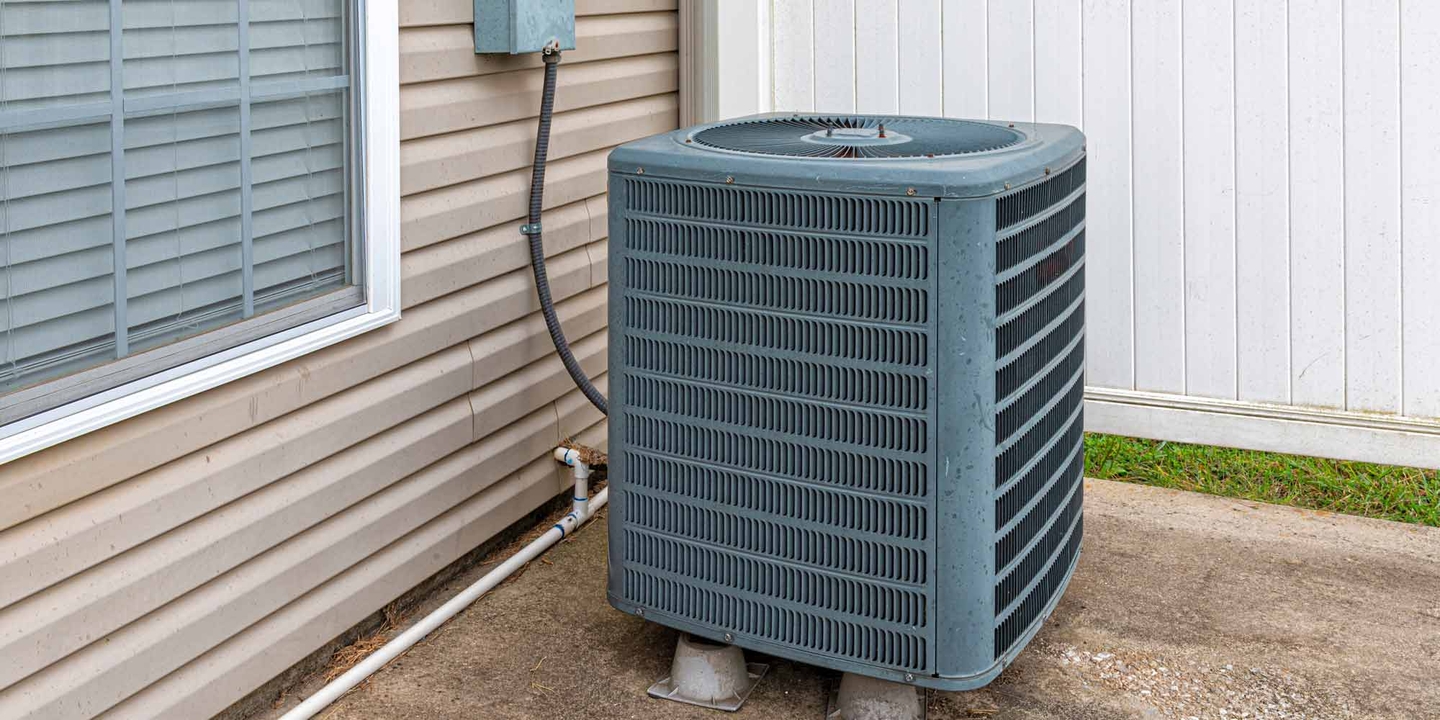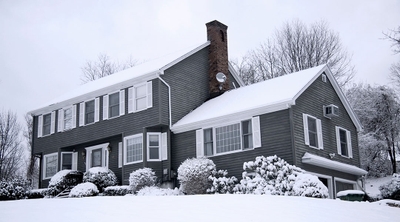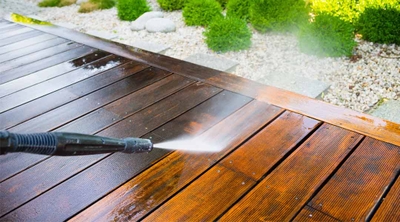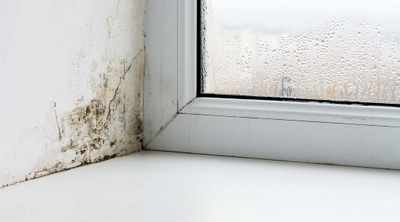Air conditioning tips for summer
3 min read
Beach vacations, barbecues, pool parties — who doesn’t love summer? But a quick way to ruin your fun is to have your air conditioner fail when temperatures are at their highest. Take care of your A/C unit throughout the year with the following air conditioning tips to ensure you have a nice, cool home to relax in after all your outdoor activities.
Summer air conditioning maintenance tips
1. Schedule annual maintenance checks with a pro
The best thing you can do is find a reputable HVAC company to clean and inspect your system seasonally. While you can use the rest of the tips on this list to help things hum along smoothly, no one knows A/C units as well as the professionals. Experts can recognize and diagnose potential issues before you end up with a broken air conditioner at the hottest time of the year.
If you schedule maintenance well before the summer, you may even get a better rate before peak season.
2. Clean and change your filters regularly
Taking proper care of your filters is probably the easiest and most effective thing you can do to keep your A/C unit healthy. Take note of the kind of filter that is best for your air conditioner and adhere to the appropriate guidelines for cleaning or changing it.
Vacuum and rinse reusable filters between your maintenance visits and replace them every few years for optimum air quality. If you use disposable filters, write the date on the filter when you replace it. Make checking your filters a habit by grouping the chore with any other regular monthly occurrence, such as paying your rent or credit card bill.
It’s also important to clean your vents. Keeping your vents clean ensures that no dust or debris prevents air from flowing freely. If you keep vents open in rooms, keep the doors to those rooms closed, so the room reaches the desired temperature sooner since the area to cool is smaller.
3. Make sure the area around the outdoor unit is clear
Debris, plants, tall grasses, and weeds can block airflow, preventing your A/C from working properly or most efficiently. Keep the surrounding area neatly maintained to ensure nothing interferes with the system’s ability to function.
4. Seal any openings that may let cold air escape
A tire with a slow leak constantly needs more air, and the same principle applies to cooling your home. If your walls, doors, or windows have cracks or gaps that allow air to escape, your A/C has to pump more cool air out to compensate for the air escaping through those gaps. Make sure you apply caulking, weather stripping, and insulation as needed to prevent cool air loss.
5. Let the unit rest while you’re not home
There’s been debate around whether it’s better to keep your A/C at a consistent temperature all the time or to set it to a higher temperature while you’re not home. The answer is that you save the most money and energy if you maintain a consistent temperature while you’re at home but let your system rest while you’re away.
The U.S. Department of Energy recommends that you leave your A/C thermostat at 78°F when at home and turn it up several degrees warmer when the house is empty. If you have trouble remembering to adjust it each time you leave and return, consider investing in a programmable thermostat that automatically adjusts according to the times and settings you select.
6. Utilize your ceiling fans
Using fans may allow you to set your thermostat a degree or two warmer than you may have been able to stand otherwise — especially if you rotate the blades clockwise, which directs airflow downward and prevents hotter air from rising and signaling the A/C unit to kick on.
7. Invest in window tints or films
Tinting your windows or installing a film can help keep your home cooler by tempering the effects of the sun. If your home is less affected by the sun shining in, you can keep your thermostat set a degree or two higher, and your system won’t have to work as hard to account for fluctuations due to sunlight creeping in.
8. Protect your system with a home warranty
Even when you take good care of your unit with our A/C tips, systems can quit working for reasons out of your control. A home warranty offers protection against the failure of major appliances and important systems like an HVAC unit and air conditioning.
By paying a monthly fee for the warranty, home buyers can budget for the potentially expensive repairs that happen sooner or later in any home. Learn more about the difference between homeowners insurance vs. home warranty.






